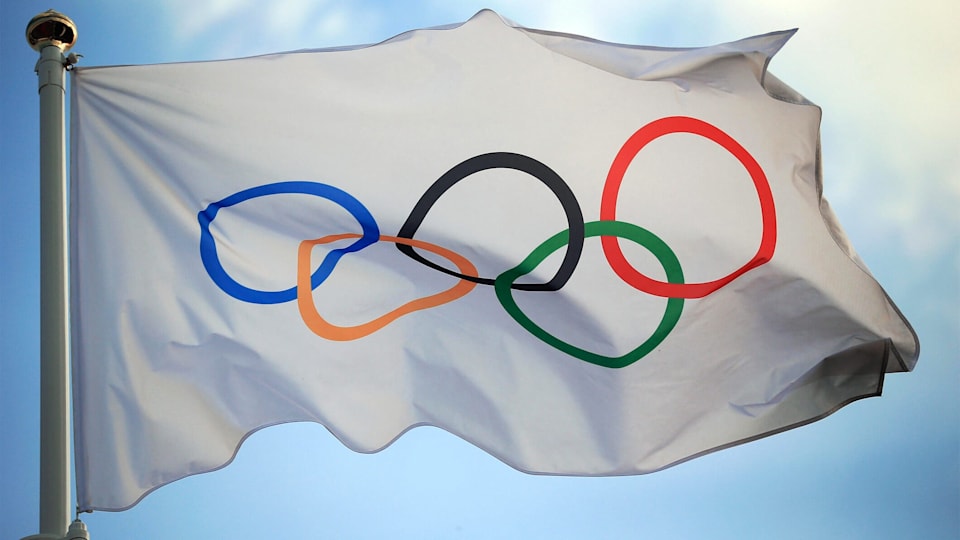IOC EB underlines that financial rewards from NOCs to athletes for their success at the Olympic Games have been common practice for many decades
The International Olympic Committee (IOC) Executive Board (EB) today discussed the recent debate around athletes receiving financial rewards for achievements at the Olympic Games. The IOC EB expressed its full support for fair financial rewards for athletes.

It was highlighted that it is common practice among many National Olympic Committees (NOCs), as well as governments, private institutions, sponsors and others, to provide financial rewards to athletes for their performances. IOC President Thomas Bach reported that he had received a financial reward after he and his team-mates became Olympic champions in fencing at the Olympic Games Montreal 1976.
During the discussion, the IOC EB underlined the different roles of the Olympic Movement stakeholders. To support the athletes, the IOC distributes 90 per cent of all its revenues for the development of sport and athletes worldwide. This represents USD 4.2 million a day. The NOCs and the International Sports Federations (IFs) are the major recipients of this money – also through the Olympic Solidarity programme. In addition, they share in the commercial success of the Games. More information can be found here.
The NOCs and the IFs have different roles to play to make their support for athletes effective and transparent.
The role of the NOCs is to develop the athletes, give them the best possible training and competition conditions, and support them in education and their daily life with regard to their profession. Finally, it is the prerogative of the NOCs to select the athletes from their country who have qualified on the field of play for the Olympic Games. At the Olympic Games, the athletes take part as members of the Olympic team of their respective NOCs. A significant majority of NOCs reward their team members for their achievements at the Olympic Games.
The IFs have a different role. The athletes do not participate as members of their sport, but as members of their national Olympic team. The role of the IFs is to develop their sport universally, to give as many people as possible access to their sport, and finally to undertake to close the gap between athletes from more privileged countries and those from less privileged ones. In this way, they have to create more equal conditions for all the athletes around the world in their respective sports.
These distinct responsibilities were recently reaffirmed by the Association of Summer Olympic International Federations (ASOIF), the Winter Olympic Federations (WOF) and the Association of National Olympic Committees (ANOC) – as reported to the IOC EB by Nenad Lalović, representative of the Summer Olympic International Federations, Ivo Ferriani, representative of the Winter Olympic Federations, and ANOC President Robin Mitchell.
The IOC Executive Board concurred that each of the different organisations that make up the Olympic Movement should continue to divide their work in an efficient way according to their distinct roles.
IOC Athletes’ Commission Chair Emma Terho said: “The different stakeholders of the Olympic Movement all have their own roles to play in helping the athletes to develop and achieve their dreams. Naturally, our Commission advocates increasing support for athletes – this is what the IOC and our Commission have been focusing on. Rewarding athletes financially for their achievements at the Games is commonplace for many National Olympic Committees and governments, while International Federations help to develop their sport worldwide and close the development gap between the haves and the have-nots. Each role is important for the athletes, and for sport overall, because without this work, the disparities between athletes around the world would be much wider than they are today.”